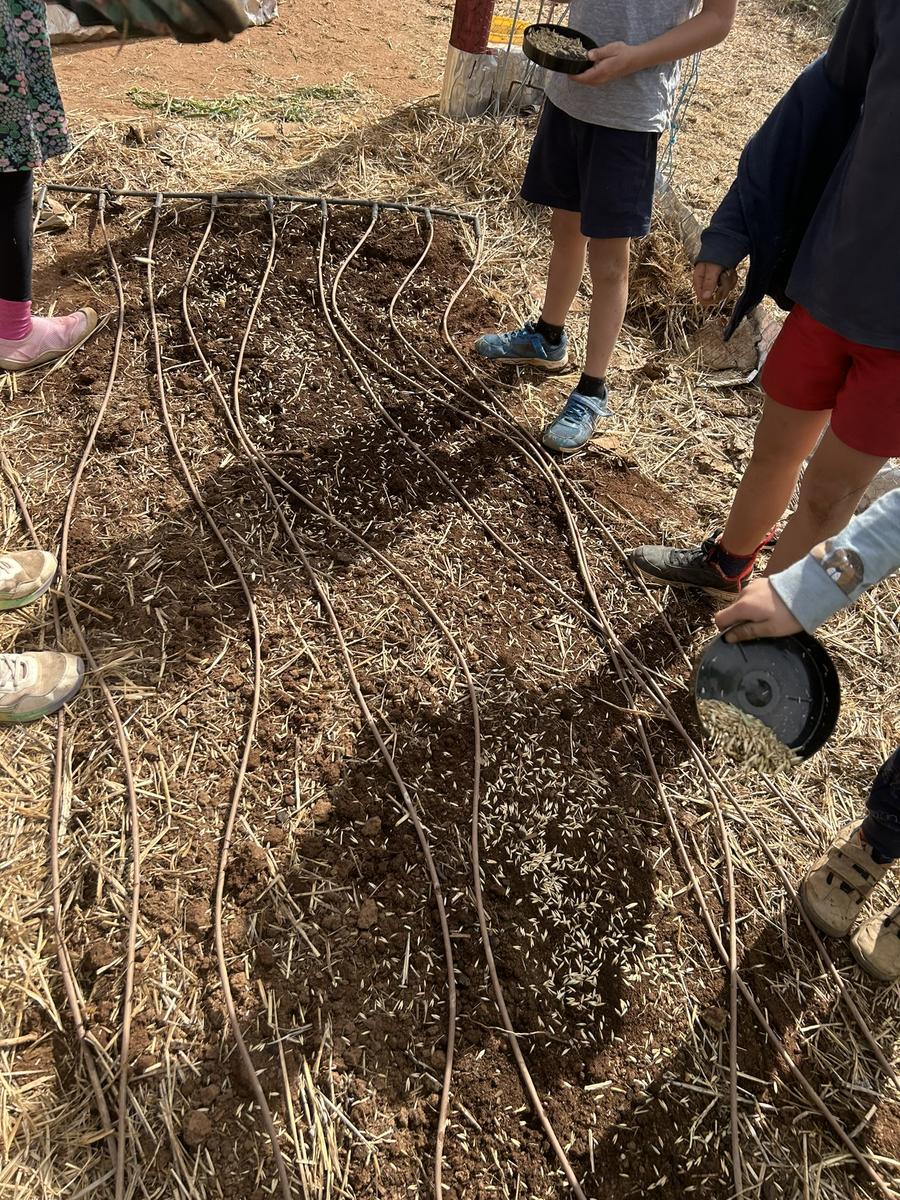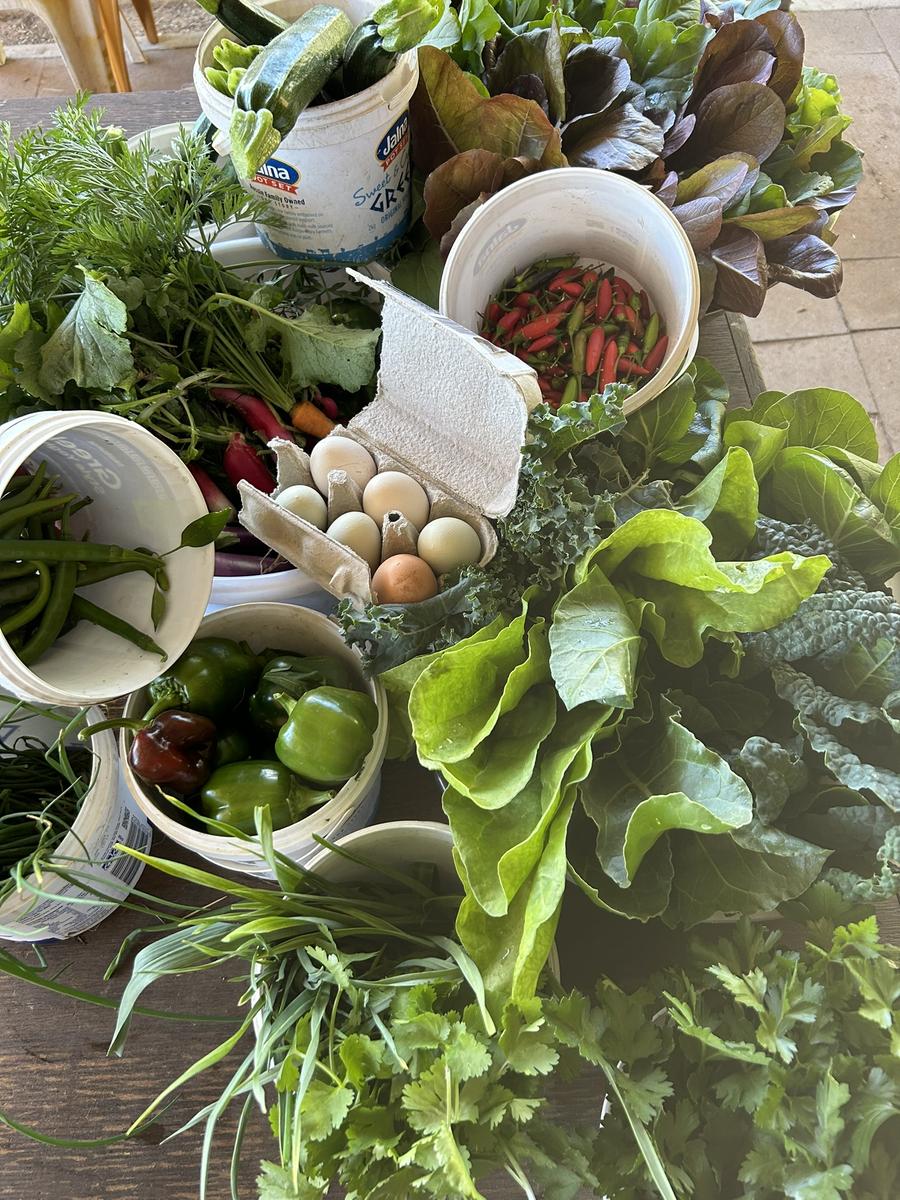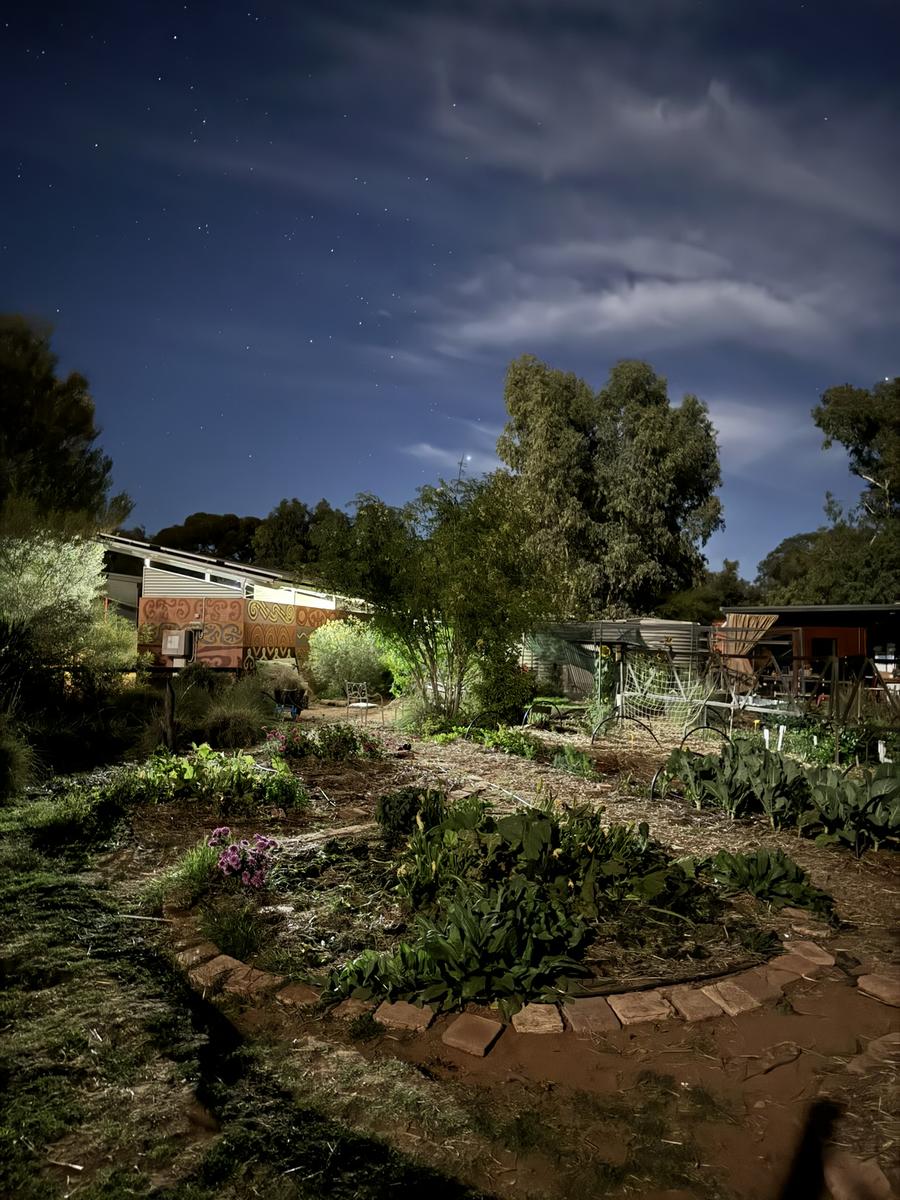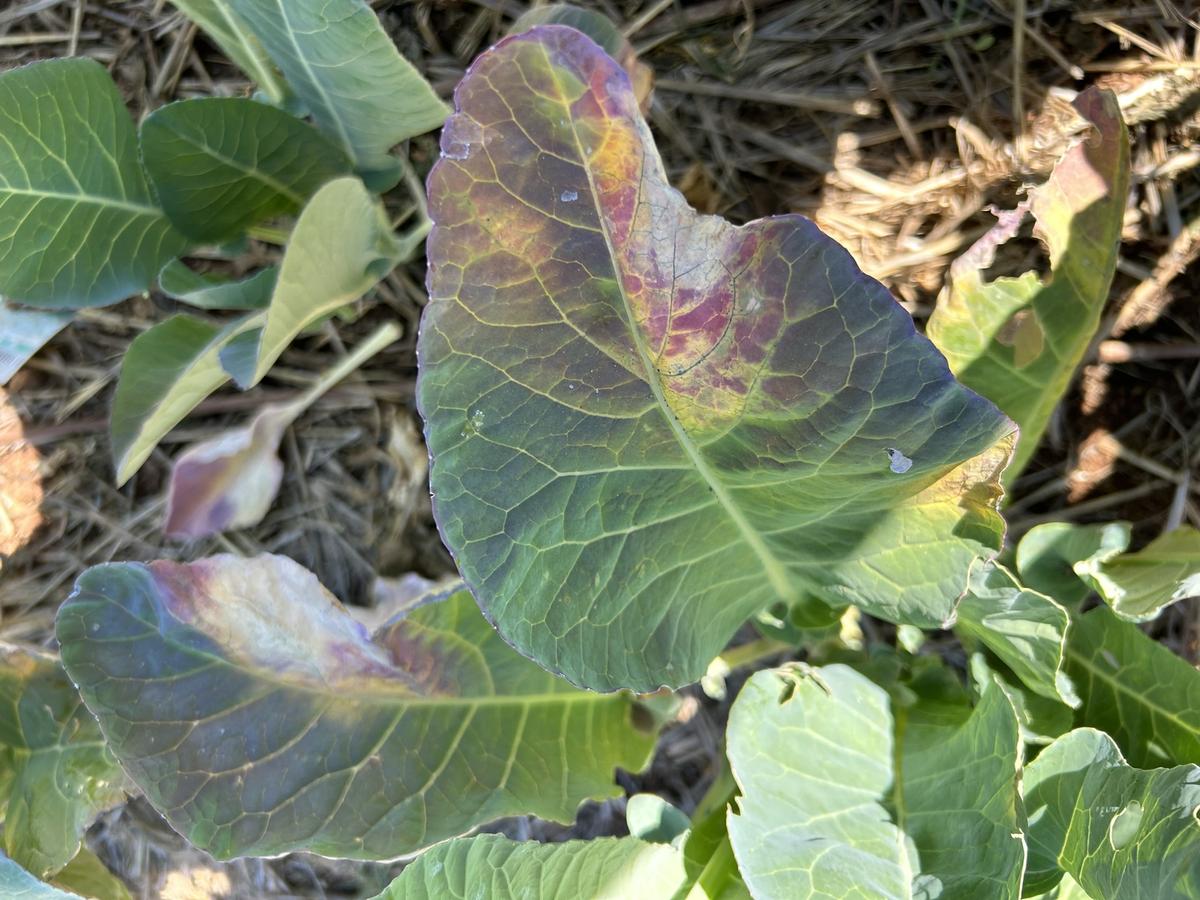The School Garden
KAZ PHILLIPS

The School Garden
KAZ PHILLIPS
Happy winter everyone! As usual, we got hit by a couple of frosts the week before our Autumn Fair. This area generally gets frosts a bit before other areas. We lost most of our late summer basil, eggplant and tomato plants but it looks like our zucchini might produce for a wee bit longer if we have some mild weather. The recent rain has added a particular zing to the health and growth in the garden and our winter crops are booming.
Rudolf Steiner and Biodynamic Agriculture
If you listen hard enough, you can hear every living thing breathing together,
you can feel everything growing…..
After delivering lectures on the shortcomings of chemical agriculture in 1924, Dr. Steiner was approached by farmers to assist with practical steps to reverse the progressive degeneration they were witnessing. Steiner introduced the biodynamic preparations as a stimulus to the whole farm organism, ensuring that abundant natural elements are drawn into biological activity. His approach was underpinned by deep philosophical, spiritual and cosmic elements and influences.
Although I’m an experienced organic gardener, I’m new to the study of biodynamics concepts. I’ve recently purchased biodynamic preparations, some of which have been added to our compost and others that will soon be sprayed on our plants and the soil.
I’m excited to be supported by the school to attend a training workshop in late July and keen to share my learnings with anyone who might be interested.
Garden Activity/Planting








Plants of the Month - Brassicas (e.g. broccoli, cauliflower, cabbage, brussel sprouts)
It’s a perfect time to come take a look at how all these plants grow. The small cabbages are starting to curl inward to form their heads and our first broccoli heads are also starting to form! We’re experimenting with brussel sprouts this year. Apparently they’re quite hard to grow here as our winters are often a bit warm to support their formation. So far so good as the plants are looking super healthy.
Brassicas contain high levels of vitamin C, A, E, K, as well as folate, calcium, iron, potassium and phosphorus. They are a good source of dietary fibre and have something that no other fruits or vegetables contain, namely glucosinolates. Amongst other benefits glucosinolate compounds are anti cancer and anti inflammatory - a must for all of us.
Pest of the Month - Whitefly
Our cauliflower lower leaves have been discolouring and Geoff Miers helped us to identify whitefly lavae as the culprit. I think this has happened because we planted the cauliflower too close together. To deal with this we add more compost & worm castings to the soil to improve plant strength and either pull the leaves off to feed the chickens &/or make a spray to suffocate these sap suckers. Use super cheap and easy to make home made White Oil as a suffocant for sucking or chewing insects: https://www.abc.net.au/gardening/how-to/diy-white-oil/9437342
Otherwise Eco-oil or Eco-neemare good organically approved products.


Next Garden Working Bee: Saturday 15 June 9.30am - 11.30am
Hope to see you there!
Kaz contact details:
0427 461 047
gardener2@alicesteiner.nt.edu.au
Steiner School Gardeners WhatsApp Group: If you’d like to be added, please send contact details.
Reminders